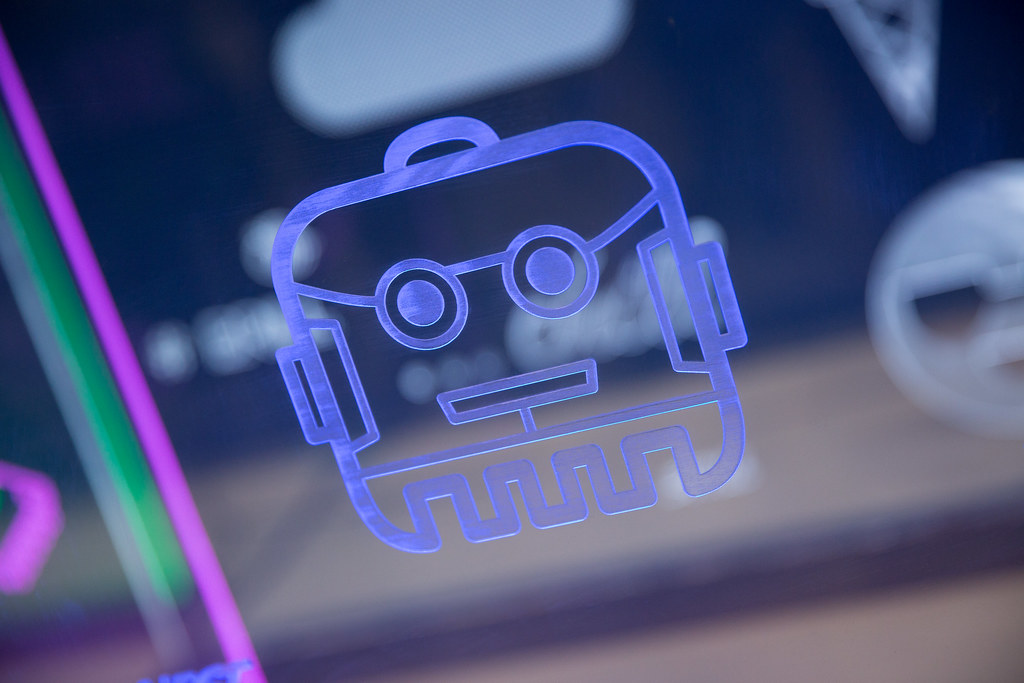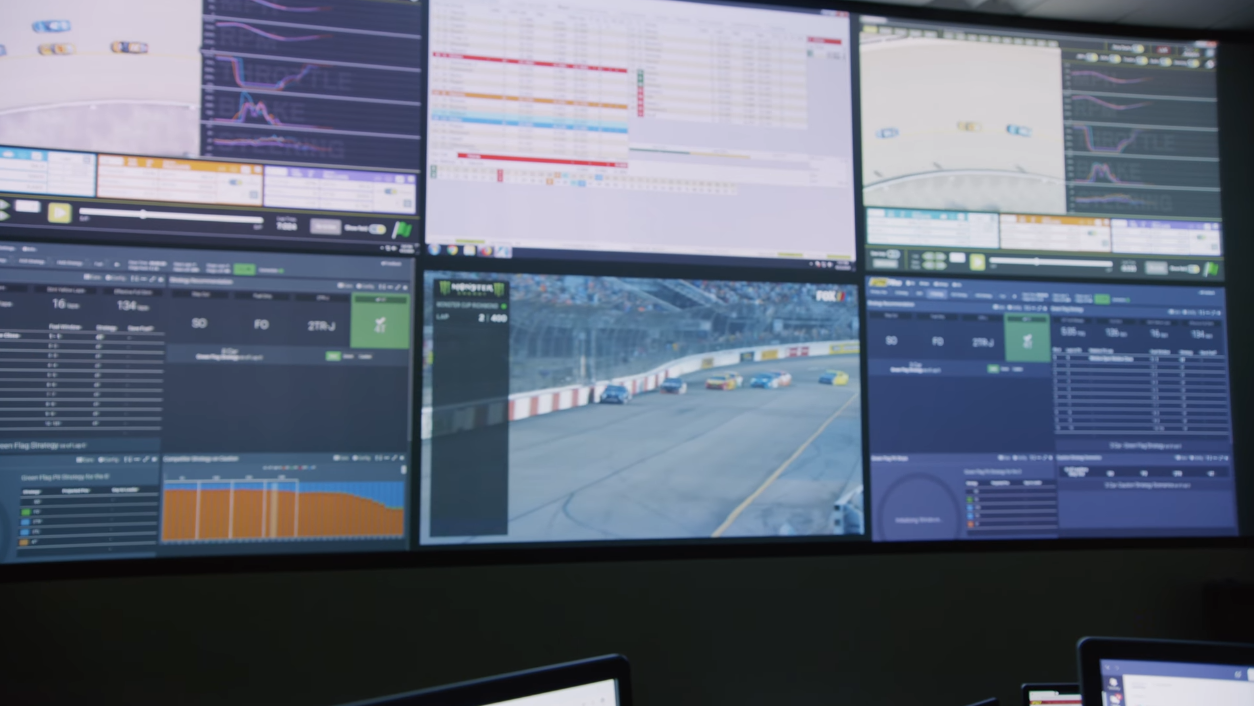In the age of A.I - Part 3: It enhances us
Could AI enhance us to be a better human?
Today, robots can easily perform a variety of automated tasks, both inside and outside of the factory. Machine learning, deep learning, and other AI technologies are already being used to reduce humans in assembly, packaging, customer service, and HR, among other areas.
The concept of automation aimed at improving labor capacity seems to be macro. Nowadays, AI is getting closer to individuals. It surrounds you, enhancing your capabilities and workflow.

Do you work with Google Docs? Every day you type on a document, there are words that the AI suggests to you, enhancing your writing speed. You may not notice it, but it’s right there with you.
In 2015, a program called Deep Dreaming came out, which can combine two different pictures into one. This brings out very complex perceptions where artists can look at them to find new ideas for their arts.

This is just one of many ways people have been using AI to create new kinds of art.
Art is a field that requires all the senses and something beyond, the sixth sense, for example. AI can provide that for not only artists but also in other fields that require a decision as an outcome.
Finance, sports, medicine are fields where predicting an outcome can make a big payoff. A stock car racing team has been using AI as its advisor. Until now, many key decisions like when to pit for tires or fuel were made by the drivers and the chief using their experience and intuition. Now we have AI that’s causing all these calculations and putting out a recommended strategy for them to reference. This system uses all of the data from the race: the braking, steering, throttle, all the acceleration off of every car in the field, GPS, etc. This data is recorded in real-time and fed into an AI program called “Pit Rho”. The tool analyzes the optimum strategies.

When making a decision, humans, based on the data, have combined their experiences and sometimes add intuition. The strength of an AI system comes in having access to a ton of data and finding patterns in that data, generating insights and inferences that maybe people may not be aware of. Therefore, it can predict an outcome that our ordinary senses cannot foresee.
However, not everybody chooses to trust an AI to make decisions for their games. You can choose to trust the AI or not because, after all, winning or losing in a game doesn’t make anybody die. But what about other situations? For example, life and death situations.
For a long time in history, many firefighters have been entirely passive in the fire. With too much smoke and fire, terrible surrounding environment, they fall into a blind search, trying to find people to save until they can't even save themselves. Is there a solution to this predicament?
A group of scientists has been using an AI called C-THRU to enhance human vision.
The concept of C-THRU is a helmet with special glasses clipped inside, which allows firefighters to see edges as green lines.

Using powerful edge detection algorithms, the mask detects subtle changes in brightness to predict shapes. The AI program combines all of those processing and turning the dense smoke and near-impossible visibility into a clear-cut scene. Firefighters now can move faster and take less time to save victims. This technology is game-changing when it can save more lives, not just victims in a fire but also firefighters.
AI is not just enhancing humans’ vision but our bodies. You might still remember about the Dancer Adrianne Haslet-Davis. With her new robot leg, she can now dance again. These robot limbs can go beyond what is lost, enhance us and give us abilities which the original body cannot offer.
Jim Ewing, a climber, had an accident and fell off the cliff from a height of 50 feet. The injuries later healed, but the broken leg could not. The bone was primarily dead, leaving him constantly tormented by pain. Jim Ewing decided to have his broken leg amputated and replaced with an artificial leg.
The artificial foot not only brought Jim back to everyday life but also awakened the passion for climbing that had fallen asleep inside of him for years. He can go back to climbing again and even overcomes the Cathedral Ledge, 700 feet of awe-inspiring granite, one of the hell challenging for even the most serious climbers.

AI strengthens our body, helps us to overcome the limits of a typical body. Artificial intelligence technology has been making the seemingly impossible possible. This technology will go even further, and you can dream of a day when people can have super machine parts on their bodies.
But then, once we implant machines onto our bodies, will we remain ourselves?
The end of part 03.